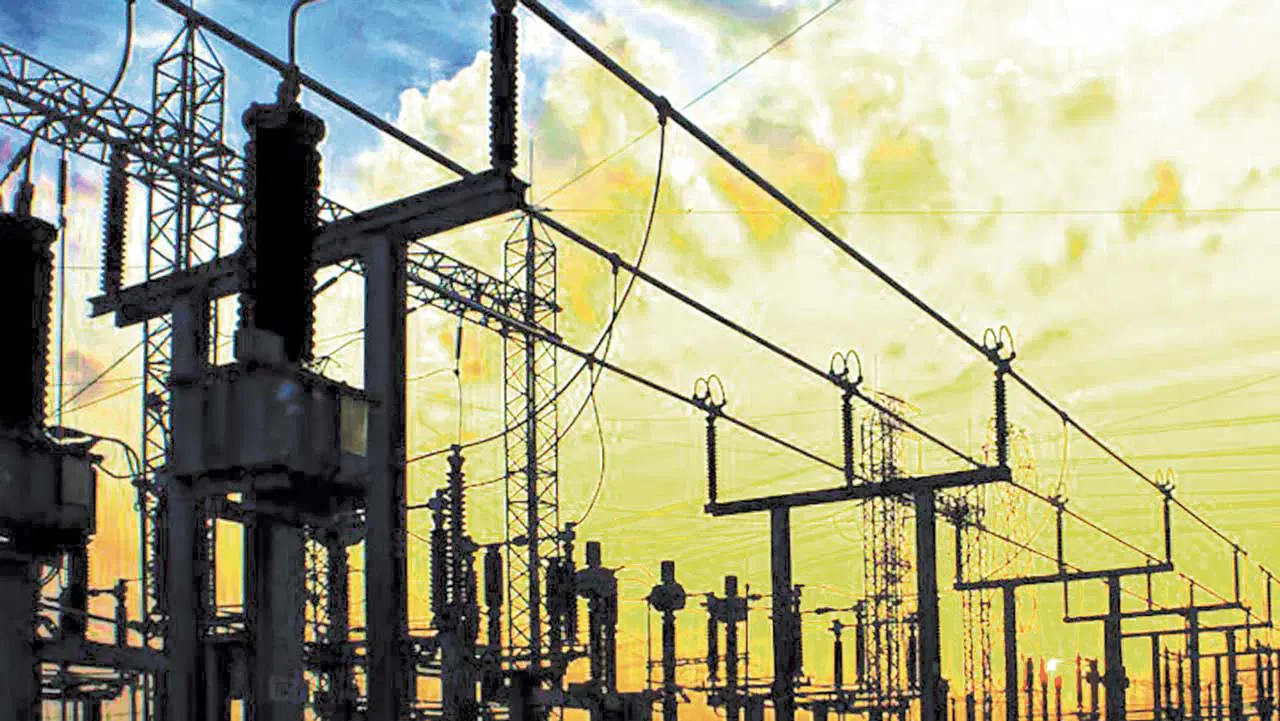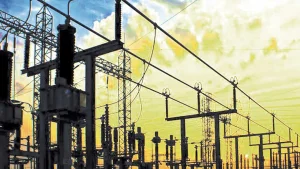
NASS BACKS POWER SECTOR REFORMS, SEEKS END TO GRID COLLAPSES

The Speaker of the House of Representatives, Hon. Tajudeen Abbas, has pledged the support of the National Assembly for ongoing reforms in the Nigerian power sector and called for collaboration among all stakeholders to improve the reliability of the national power grid.
Dr. Abbas made this statement at the opening ceremony of the International Power Engineering Exhibition and Conference in Abuja, emphasizing the need for the integration of renewable energy into the country’s energy mix to improve efficiency and sufficiency.
The conference, which had the theme “Birthing an Effective Electric Power Sector of the 21st Century: The Role of Professional Practice Regulation,” gathered experts and stakeholders to discuss the future of Nigeria’s power sector.
Represented by the Deputy Chairman of the House Committee on Power, Rep. August Gana, the Speaker noted, “Over the years, the sector has undergone several reforms and privatisations aimed at improving efficiency and reliability. Despite these efforts, the sector continues to face numerous challenges, including inadequate infrastructure, transmission and distribution losses, amid insufficient generation and distribution capacities.”
He added, “The transition from the National Electric Power Authority (NEPA) to the Power Holding Company of Nigeria (PHCN), while initially marked with optimism, was also met with skepticism, leading to the comical phrase ‘Problem Has Changed Names.’ Yet, despite these challenges, we have seen remarkable progress, especially through the privatisation of the sector with the establishment of generation companies (GenCos) and distribution companies (DisCos). This shift has opened the door to more participants and anticipated investment, providing us with an opportunity to redefine the future of power in Nigeria.”
Also speaking at the event, the Chairman of the Senate Committee on Power, Senator Eyinnaya Abaribe, lamented that the poor performance of the power sector has left about half of Nigeria’s population without electricity.
He stated, “It is essential to note that Nigeria’s power sector faces numerous challenges, including frequent grid collapses, inadequate generation capacity, inefficient transmission and distribution networks, and regulatory hurdles that impede progress. Currently, our nation generates approximately 4,500 MW for a population exceeding 200 million, leaving about half of our citizens without reliable electricity access.”
He further pointed out, “Despite possessing vast energy resources, the country continues to grapple with significant challenges in power generation and distribution. This stark reality underscores the necessity for a collaborative effort to reform and revitalize our power sector.”
Earlier, the President of the Chartered Institute of Power Engineers of Nigeria (CIPEN), Engr. Israel Abraham, explained that “power is central to every index of development and a robust economy. I am convinced that as the world gets it right and provides good, efficient, and affordable power to its citizens and industries, and introduces smarter apparatus to manage available power, many of the issues captured in the subthemes will remain relevant.”
He added, “The ultimate goal of this international power exhibition and conference is to provide an uncommon syndicated platform that will host major players in the global power sector, with special reference to Nigeria.”The Speaker of the House of Representatives, Hon. Tajudeen Abbas, has pledged the support of the National Assembly for ongoing reforms in the Nigerian power sector and called for collaboration among all stakeholders to improve the reliability of the national power grid.
Dr. Abbas made this statement at the opening ceremony of the International Power Engineering Exhibition and Conference in Abuja, emphasizing the need for the integration of renewable energy into the country’s energy mix to improve efficiency and sufficiency.
I lost my hands, girlfriend, dad’s landed properties survived depression; but I’m alive’0:00 / 0:00
The conference, which had the theme “Birthing an Effective Electric Power Sector of the 21st Century: The Role of Professional Practice Regulation,” gathered experts and stakeholders to discuss the future of Nigeria’s power sector.
Represented by the Deputy Chairman of the House Committee on Power, Rep. August Gana, the Speaker noted, “Over the years, the sector has undergone several reforms and privatisations aimed at improving efficiency and reliability. Despite these efforts, the sector continues to face numerous challenges, including inadequate infrastructure, transmission and distribution losses, amid insufficient generation and distribution capacities.”
He added, “The transition from the National Electric Power Authority (NEPA) to the Power Holding Company of Nigeria (PHCN), while initially marked with optimism, was also met with skepticism, leading to the comical phrase ‘Problem Has Changed Names.’ Yet, despite these challenges, we have seen remarkable progress, especially through the privatisation of the sector with the establishment of generation companies (GenCos) and distribution companies (DisCos). This shift has opened the door to more participants and anticipated investment, providing us with an opportunity to redefine the future of power in Nigeria.”
Also speaking at the event, the Chairman of the Senate Committee on Power, Senator Eyinnaya Abaribe, lamented that the poor performance of the power sector has left about half of Nigeria’s population without electricity.
He stated, “It is essential to note that Nigeria’s power sector faces numerous challenges, including frequent grid collapses, inadequate generation capacity, inefficient transmission and distribution networks, and regulatory hurdles that impede progress. Currently, our nation generates approximately 4,500 MW for a population exceeding 200 million, leaving about half of our citizens without reliable electricity access.”
He further pointed out, “Despite possessing vast energy resources, the country continues to grapple with significant challenges in power generation and distribution. This stark reality underscores the necessity for a collaborative effort to reform and revitalize our power sector.”
Earlier, the President of the Chartered Institute of Power Engineers of Nigeria (CIPEN), Engr. Israel Abraham, explained that “power is central to every index of development and a robust economy. I am convinced that as the world gets it right and provides good, efficient, and affordable power to its citizens and industries, and introduces smarter apparatus to manage available power, many of the issues captured in the subthemes will remain relevant.”
He added, “The ultimate goal of this international power exhibition and conference is to provide an uncommon syndicated platform that will host major players in the global power sector, with special reference to Nigeria.”
